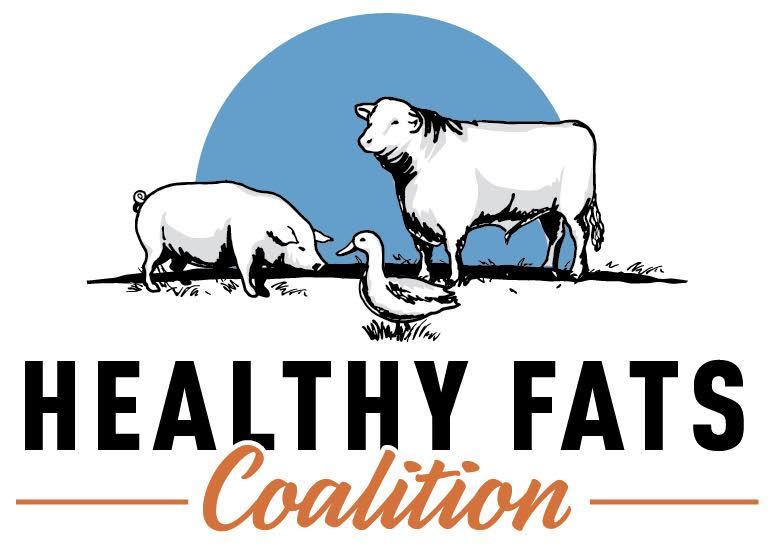What are the myths that continue to shape our relationship with food?
The most harmful is the idea that we are supposed to ignore our instinct for flavor, which drives us to salty, umami (meaty), fresh food. Today dietitians define healthy food by what it lacks; low-salt, low-calorie, cholesterol and fat-free. The only thing we’re supposed to seek out, according to conventional wisdom, is fiber. By those rules, a cardboard box would be a great meal, as it meets all 5 criteria.
Re: healthy food, how can people tap into, as you say, “nature’s intelligence”?
By seeking the factors that create healthier food: good soil, freshness, and a species appropriate diet and living conditions for the animals we eat. By the way, that describes exactly what chefs have been doing for centuries in order to create the tastiest food, too.
At a very basic level, what kinds of things should people be adding to their diet – and what should they be eliminating?
Include what I call the four pillars of a human diet; fresh food, fermented and sprouted foods, meat on the bone and organ meats. When writing the first edition of Deep Nutrition, we spent 2002-2008 studying traditional recipes and cookbooks to find the strategies that the healthiest cultures around the world used to make traditional meals and found, to our surprise, that there were four they all shared in common. Given the information from epigenetics, that food powerfully regulates our genes, this strongly suggests that these foods do more than support health: they make us human. We need them to sustain our identity as humans, generation after generation.
In your view, what are the best sources of information on how and what to eat?
Cookbooks from 1900 or sooner, published prior to the invasion of the “science” of dietetics into our nutrition.
If you could change one or two things that Americans do with respect to how and what they eat, what would those things be?
Avoid what I call the Hateful 8 seed oils. They are toxic. That’s 80 percent of what Americans need to do. I explain how just doing this one thing will naturally allow your metabolism to drive you to the rights in my 2020 book, The Fatburn Fix.
Are we too focused on losing weight and perhaps not focused enough on nutrition and healing – and if so, how can individuals shift that focus?
We equate thin-ness with health. While that may have been truer in the past, it is certainly not true when your diet includes seed oils.
You’ve written extensively about alternative ways to think about food and nutrition. Tell us, in a few words, about Food Rules. Understanding that we don’t want to oversimplify, what’s the gist of Deep Nutrition? Ditto for The Fatburn Fix. Do the books stand alone or do they build on each other? You’ve also written this: “French Fries are the Least Healthy Fast Food, But Not Tallow Fries.” Please unpack that for us.
Readers of Deep Nutrition have told me it’s their nutrition bible, a “must read.” It frames up the profound relationship between our genes and our food, and describes the four pillars. It’s best for people who are health enthusiasts and who believe there’s a natural order to the universe that they want to respect.
The FatBurn Fix is best for people who want to learn about their metabolism and be able to lose weight and keep it off for good, or reverse metabolic diseases like diabetes and fatty liver. And it has a lot of fast, easy meal ideas so you don’t need to do take out, rely on bars, etc.
Food Rules is for what I call the bathroom reader. It’s for folks who really don’t like to sit down and read that often.
They all are complementary, meaning there is different information that will guide you to the same kind of ideal diet and health. Why would you need to read so many books? You don’t. But there are so many myths that will steer you off course, I want you to understand the whole story so you don’t get sucked down rabbit holes by folks selling supplements and “quick fixes” or engaging in fear-mongering or who have placed their faith in the American Heart Association.
The body is fantastically complex but even so, following a few simple principles will fix everything, and what I’ve put into each of the three books helps to ensure you understand and know exactly how to follow the one overriding rule: respecting nature makes health simple.
About Dr. Cate
Dr. Cate Shanahan is the leading authority on nutrition and human metabolism. A board-certified Family Physician with over 20 years of clinical experience, and NY Times bestselling author of The FatBurn Fix, Deep Nutrition and Food Rules, her expertise is fixing the underlying problems that cause metabolic damage and inflammation, leading to autoimmunity, weight gain, diabetes, cancer and accelerated aging processes. Her passion is helping people feel their best.
After getting her BS in biology from Rutgers University, she trained in biochemistry and genetics at Cornell University’s graduate school before attending Robert Wood Johnson Medical School. She practiced in Hawaii for ten years where she studied ethnobotany and her healthiest patient’s culinary habits. She applied her learning and experiences in all these scientific fields to write Deep Nutrition: Why Your Genes Need Traditional Food. Together with Dr. Tim DiFrancesco and NBA legend Gary Vitti, she created the PRO Nutrition program for the LA Lakers and helped forge a partnership between Whole Foods Market and numerous NBA teams.
In May of 2018 she became Director of Metabolic Health for ABC Fine Wine and Spirits, a progressive, family-run company interested in saving money by the betterment of health.
She’s also the Medical & Scientific Advisor at CB Supplements, overseeing their premium-grade multi collagen protein, and for beliv, a forward-thinking Latin American beverage company.



